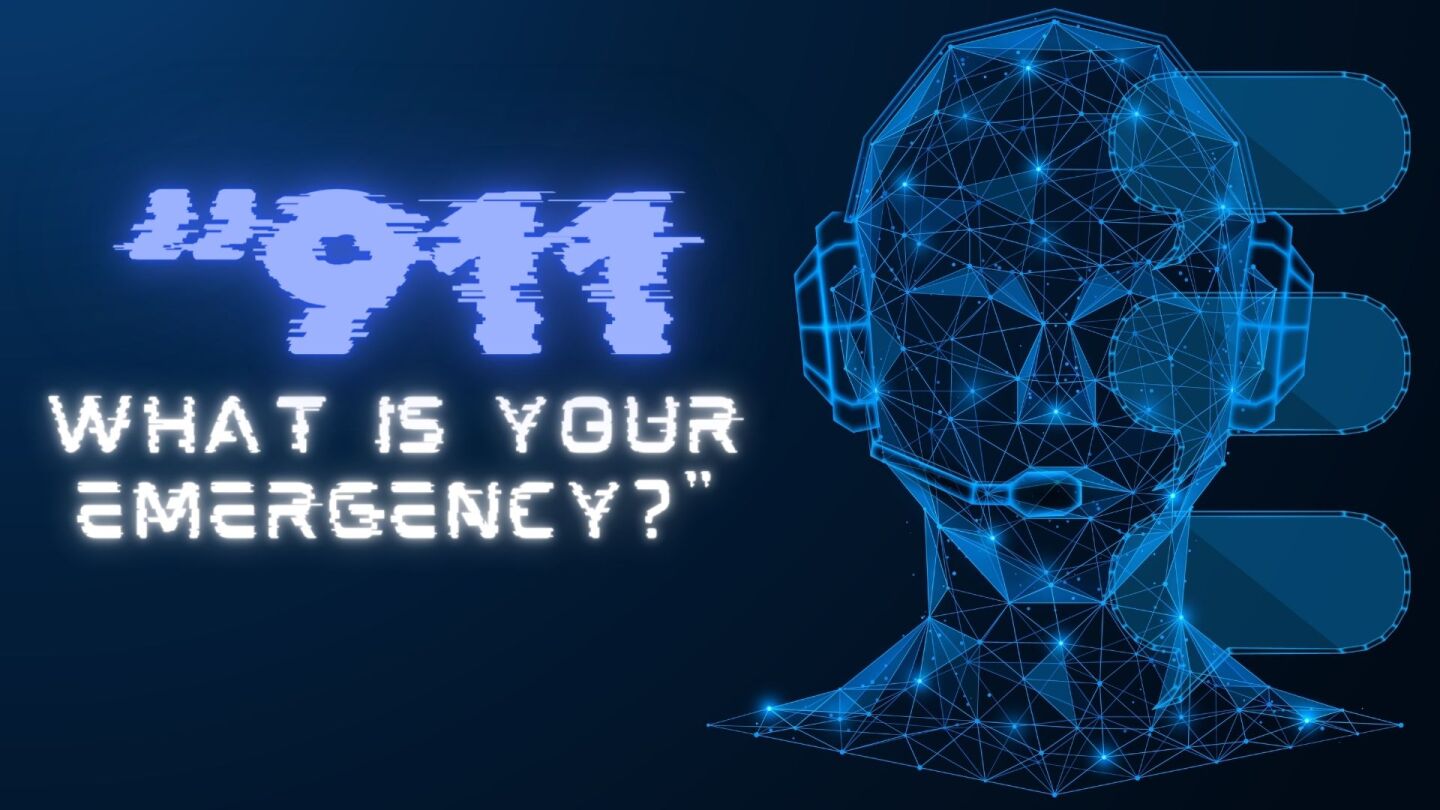
Emergency response agencies nationwide are integrating artificial intelligence (AI) technologies into 911 dispatch systems in an effort to improve efficiency, staffing challenges, and communication. The application of AI is transforming how public safety services are delivered, especially as agencies grapple with outdated infrastructure, staffing shortages, and the growing complexity of emergency situations.
One of the primary benefits reported by agencies adopting AI systems is the ability to more effectively manage dispatch staffing. By using predictive analytics, AI can forecast call volume patterns, enabling departments to better allocate personnel and avoid overburdened dispatchers. This capability is particularly important as many emergency communication centers have been operating under chronic staffing shortages.
In addition to improving workforce efficiency, AI is being utilized to accelerate response times. Algorithms can quickly triage incoming calls, identify keywords or types of emergencies, and automatically route the most urgent calls to appropriate responders. Some systems even suggest prioritized responses or initiate protocols faster than traditional processes, presenting a potential lifesaving advantage when seconds count.
Another innovative use of AI lies in breaking down language barriers. Emergency call centers are increasingly using AI-powered language translation tools to interpret non-English 911 calls in real-time. This is especially impactful in diverse urban areas, where language differences can delay communication during crises. By automating translation, dispatchers can better understand and respond to callers in distress without needing human interpreters, thus speeding up critical decision-making.
Despite these advantages, the implementation of AI in emergency communications also introduces a range of ethical concerns. Privacy advocates have raised alarms about how data is collected, stored, and used within AI frameworks. Questions have also been raised about algorithm bias, especially in communities with a history of mistrust toward law enforcement and emergency services. Inaccurate or biased AI outputs could lead to disproportionate or inappropriate emergency responses.
Furthermore, there are concerns about accountability when AI systems make decisions that could have serious consequences. Many experts stress the need for human oversight, transparency in algorithmic logic, and clear protocols about when and how AI should intervene in the dispatch process.
Public safety leaders acknowledge these concerns and emphasize the importance of implementing AI technologies responsibly. Ongoing training, auditing, and review processes are essential to ensure these tools support — rather than replace — human judgment.
As emergency response agencies continue to explore AI-based innovations, the push for technological modernization must be balanced with ethical and equitable practices. Done thoughtfully, AI has the potential to transform 911 dispatch centers into more efficient, inclusive, and responsive lifelines for communities in need.
Source: https:// – Courtesy of the original publisher.








